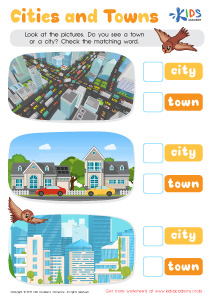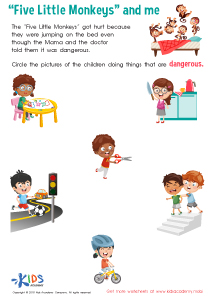Letter recognition Easy Reading Worksheets for Ages 3-8
3 filtered results
-
From - To
Discover our engaging Easy Reading Worksheets for Letter Recognition, designed specifically for children aged 3 to 8! These interactive resources help young learners master the alphabet through fun activities and colorful illustrations. Each worksheet promotes letter identification, phonemic awareness, and early literacy skills, ensuring a solid foundation for reading. Parents and educators can choose from a variety of worksheets that cater to different levels, making learning enjoyable and effective. Whether it's coloring, tracing, or matching letters, these worksheets create a rich learning experience that keeps kids motivated. Start your child's reading journey today with our thoughtfully designed letter recognition materials!
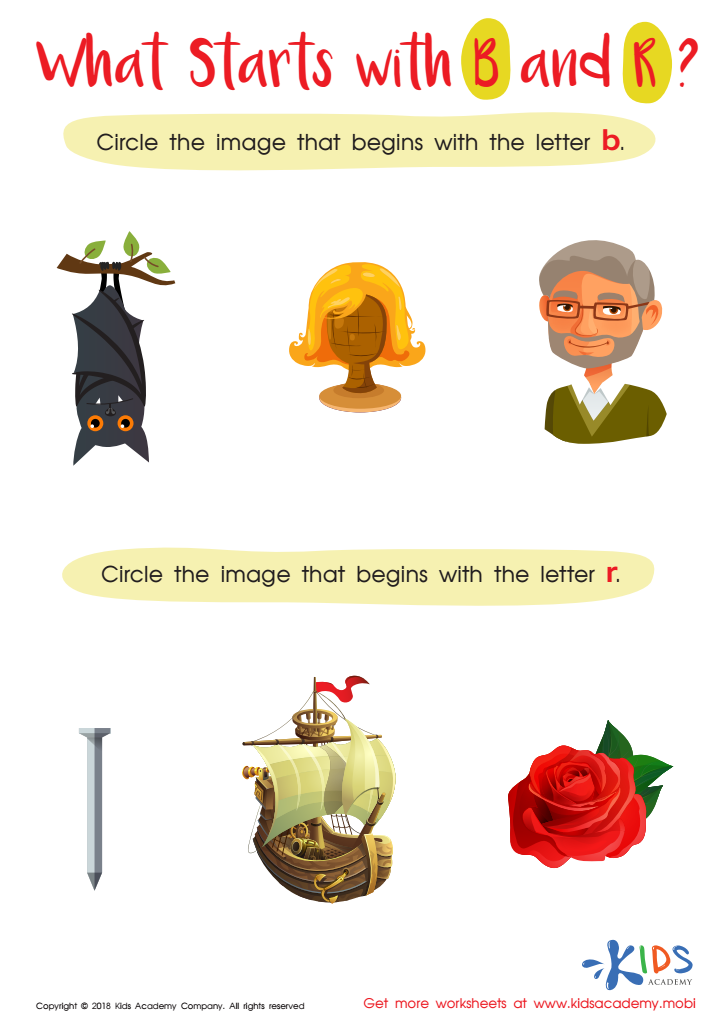

What Starts with B and R? Worksheet
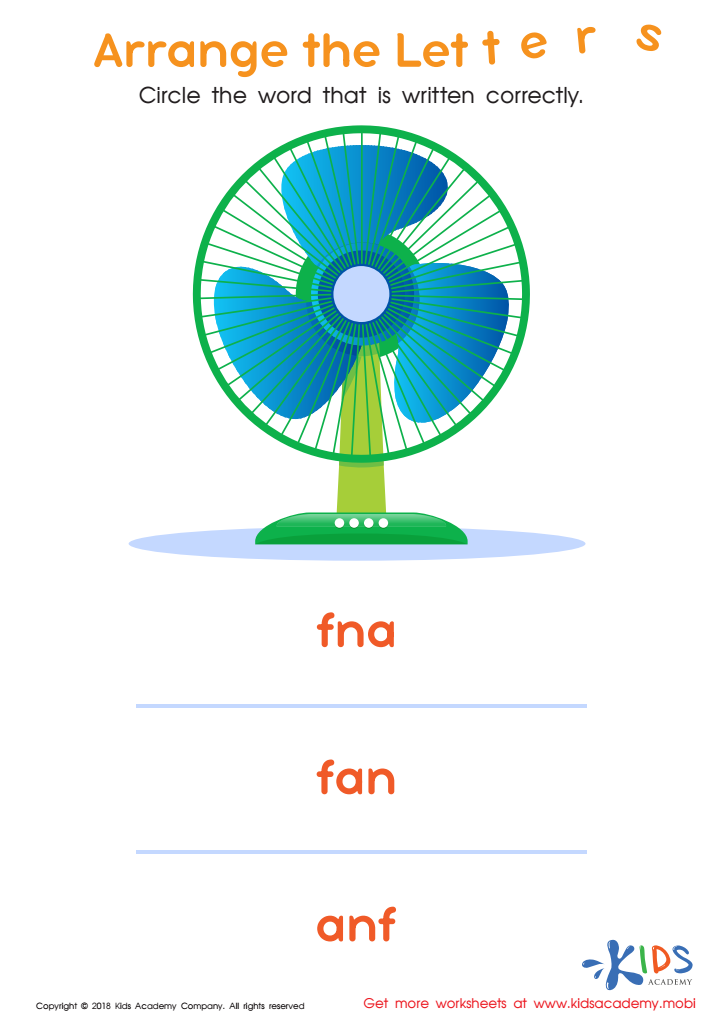

Arrange the Letters Worksheet
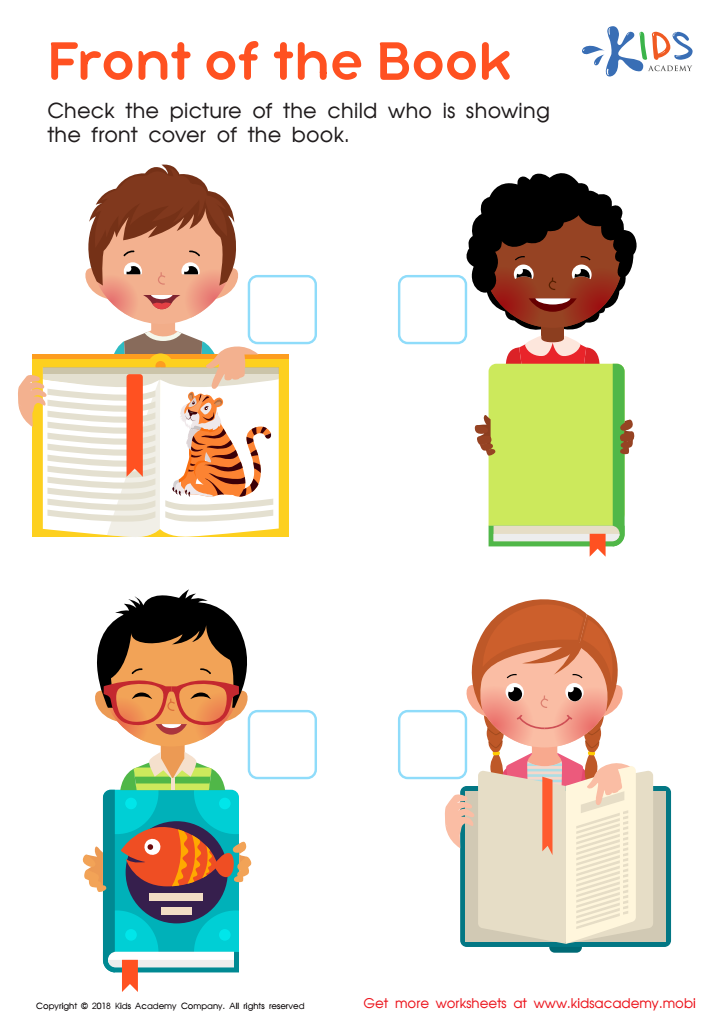

Front of the Book Worksheet
Letter recognition is a foundational skill that supports early literacy and has lasting impacts on a child's academic journey. For children aged 3-8, understanding letters is critical as it forms the basis for reading, writing, and effective communication. When parents and teachers prioritize letter recognition, they lay the groundwork for children to develop phonemic awareness and vocabulary, which are crucial for fluency in reading.
Moreover, fostering letter recognition helps engage a child’s cognitive abilities, promoting brain development and critical thinking. Recognizing letters enables children to identify sounds linked to those letters, thus improving their ability to blend sounds into words. This skill not only enhances reading but also boosts confidence in young learners, inspiring them to explore and enjoy stories.
Additionally, early recognition of letters benefits a child's social skills, as reading often occurs within social settings—like storytime or group reading. Engaging with letters leads to interaction and discussions that broaden a child's understanding of the world.
In essence, by emphasizing letter recognition during these formative years, parents and teachers can spark a lifelong love of reading, encourage curiosity, and set the stage for academic success, ensuring children are equipped with the essential skills they need for future learning.

 Assign to My Students
Assign to My Students













